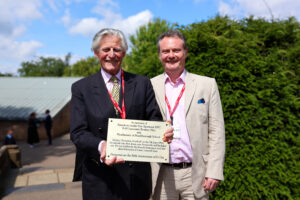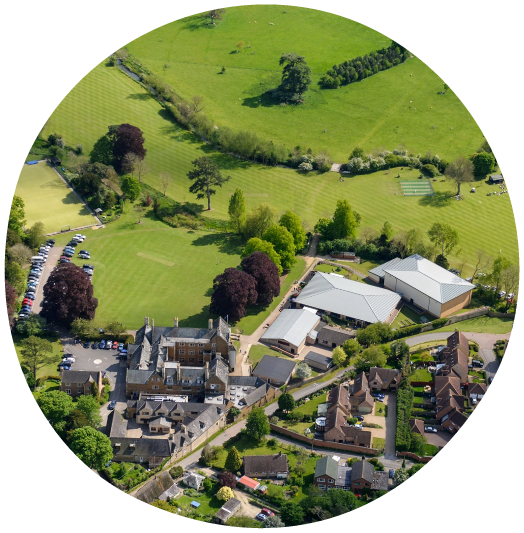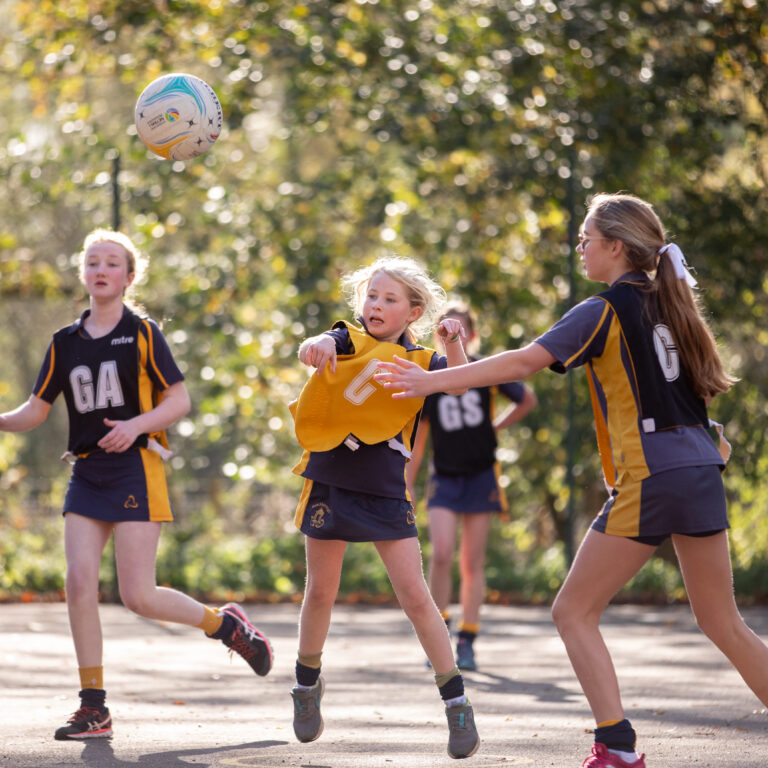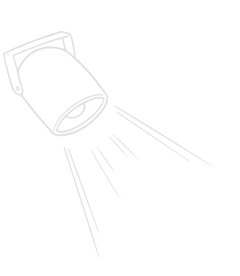 This week, across the world, commemorations took place. In 1944 – 80 years ago – Britain and her allies were in the midst of World War II – fighting the terrifying force of Nazi Germany. In early June that year, a campaign called ‘Operation Overlord’ had been launched. Its aim was to free north-west Europe from the Nazi rule. The first day of that campaign, the 6th June has become known around the world as D-Day.
This week, across the world, commemorations took place. In 1944 – 80 years ago – Britain and her allies were in the midst of World War II – fighting the terrifying force of Nazi Germany. In early June that year, a campaign called ‘Operation Overlord’ had been launched. Its aim was to free north-west Europe from the Nazi rule. The first day of that campaign, the 6th June has become known around the world as D-Day.
During Operation Overlord, 6,360 ships and 10,440 aircraft carried 153,110 troops to invade German-occupied France. Of those 10,440 aircraft, 4,450 of them were bombers. Lancaster Bombers to be precise.
Perhaps you’re wondering about why the focus on Lancaster Bombers. When most people think of D-Day, they think of the allied troops coming ashore from landing craft onto beaches in Northern France, with names like Omaha, Juno and Gold. Well, it’s all because of a rather special Beachborough link…
Squadron Leader Eric Sprawson.
Sprawson is a name that the Beachborough community are very familiar with. As Beachborough’s second Headmaster, we even have a club named after him.
Although he was born in Wells in 1910, he spent much of his childhood in India where his father worked as a surgeon. At the age of 13, he travelled back to England to attend Rugby School as a boarder.
In 1928, Sprawson was chosen to play for Rugby’s first XI against Marlborough College and the match took place at the world-famous Lord’s cricket ground.
Sprawson was a really clever chap. He worked hard at school and after leaving Rugby, he took up a place at Cambridge university, before he returned home to India, which at that time was under British rule. It was here that he joined the Royal Air Force or the RAF for short.
One of his men said of him: ‘Our Flight Commander Flight Lieutenant (Left-tenant) Eric Sprawson…. was sprightly and jovial and thorough gentleman’.
In 1942, when Britain was three long years into the war against Nazi Germany, Eric Sprawson returned to England and joined Bomber Command.
By this stage, he had been promoted to ‘Squadron Leader’. After a particularly dangerous sortie, he was awarded the Distinguished Flying Cross. A medal awarded for acts of valor, courage and devotion to duty, whilst flying in active operation against the enemy.
And so to D-Day…
80 years ago, this week, 16 Lancaster bombers took off from Lincolnshire and headed for Normandy.
Allied forces that had landed on the French coast less than 24 hours earlier had established a bridgehead, and the squadron’s mission was intended to be of immediate support.
The object of the attack was to destroy two bridges at Caen and delay the enemy’s reinforcements reaching the battle area.
Aboard one Lancaster bomber was Squadron-Leader Eric Sprawson. As his aircraft was running up to bomb the target, Sprawson noticed blue and white tracer bullets going past the cockpit.
He started to turn but the controls would not obey – the Lancaster was on fire! He gave the order for his crew to ‘bale out’. It must have been an incredibly frightening thing to do – to parachute out of stricken plane knowing that if and when you landed safely you would almost certainly be captured by the enemy.
We are so unbelievably fortunate because Eric Sprawson wrote an account of what happened that night. These are his actual words:
“I was shot down over Caen on D-Day. Five of us baled out, I don’t know if the two gunners made it or not.
French civilians who had just got out of the centre of Caen to avoid bombing happened to be in the field where I landed.
They had me out of uniform into these clothes within twenty minutes of my landing. They were very brave people with plenty of guts and determination. They had realised what would happen if I was caught, I would have been taken prisoner and they would be shot for hiding me.
We went back into their house in the town, and they treated me as a member of the family. My chief worry was to know what to do. Allied broadcasts advised us to evacuate the town, but I could see myself trickling into Switzerland by about 1946, and decided to stay where I was in the hope that our troops would arrive before long.
Another idea was to move into open country out of the way of concentrated bombing and shelling. But being British and individual, I thought I would have much more trouble concealing my identity. There was only one really bad bombing. I was right in the middle of it.
This morning a 12-year-old boy rushed into me and said very excitedly, “Here are the Allies!” I went out and saw a British sergeant. I told him I was British, but it was difficult for him to believe me. I. showed him my identification papers and told him to put me under arrest if he had any doubts. He put me in the charge of an officer who took me to the colonel of the regiment.
My friends in Caen had spread the tale that I was a Frenchman who had lost everything and was so shocked that I was unable to speak. Until this morning, other French civilians didn’t know I was English. There were collaborationists about who would have reported me at once if they had heard me talk.
And now… I am longing to be in uniform again and have another smack at Jerry.”
At the end of the War, Sprawson took his family back to India where he served as Headmaster of Rajkumar College, Raipur, but with the coming of India’s independence in 1947, Sprawson’s headmastership at Rajkumar school came to an end.
He returned to Britain where he took up a post at the boys’ public school, Repton, before returning east, to the newly independent Pakistan, to become the first headmaster of Sargodha, a feeder school for the Pakistan Air Force
Then, finally in 1954, Eric Sprawson took over from Frederick Chappell as Beachborough’s second headmaster. It has always been believed that it was Sprawson who first introduced an 11-o’clock snack called ‘Ghab’. Perhaps this is Indian word from his childhood?
On Friday 7th June 2024, we were incredibly lucky to be joined by Eric’s son, Robert, and his grandson, Rupert, for a very special assembly, led by FVIII. Roger and Rupert Sprawson brought with them Eric’s original logbook, photographs, and medals for the children to see. Our Beachburians were fascinated, and spent the entirety of break time talking in-depth with Roger and Rupert, about Eric’s life.
We felt it was important to remember this brave pilot and Beachborough headmaster, not just today, but in the years to come. So, a special plaque has been engraved and presented to Roger and Rupert, and will shortly be mounted on a wall in the Manor House so that this incredible story will never be forgotten.









